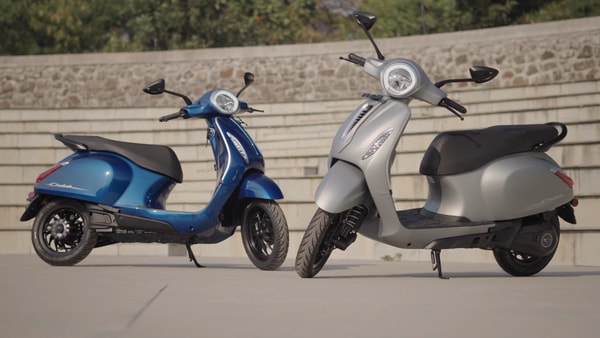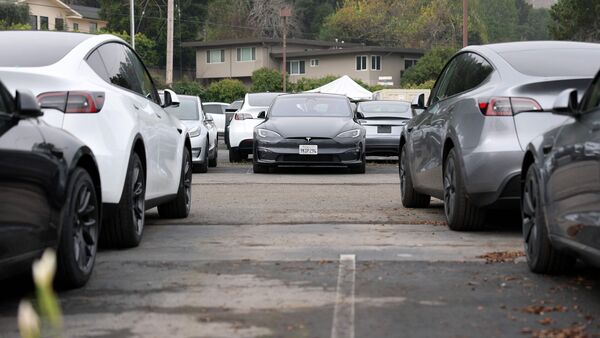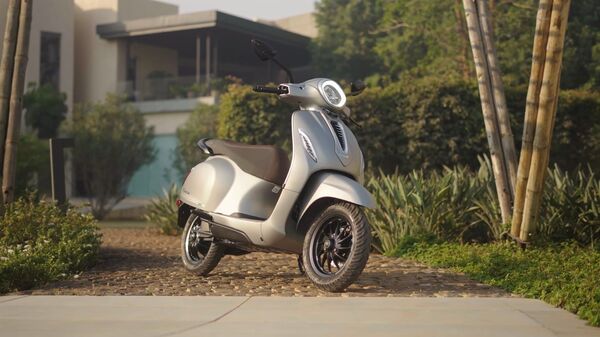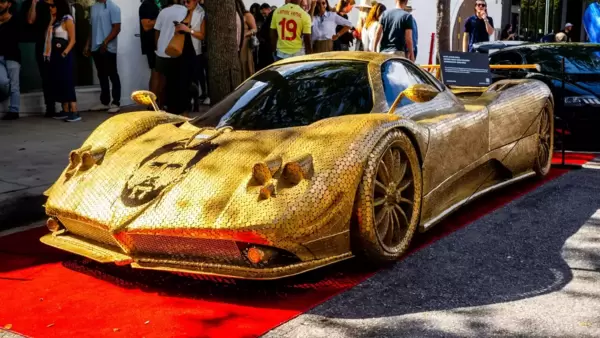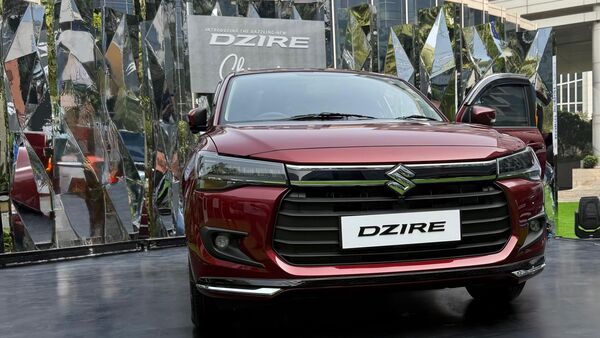
Market penetration of 30% absolutely attainable for luxury EVs by 2030: BMW India CEO
5 months ago | 43 Views
At the launch of the all-new BMW 5 Series Long Wheel Base, the Mini Countryman Electric and the BMW CE-04 electric scooter, the brand’s international leadership, present at the event, affirmed once again that despite a global slowdown in EV sales, BMW remains bullish on electric mobility. “Growth for us, in terms of momentum will be electric cars" confirmed Jean Philippe Parain, Senior Vice President of the Asia Pacific, Africa, Middle East and Eastern Europe, BMW Group.
The main drivers of growth, however, remain ICE cars, particularly BMW's crop of SUVs which have helped the brand attain its highest-ever H1 sales this year, selling 7098 cars. “India is the first right-hand drive market in the world to have received the long-wheelbase version of the 5 Series," said Parain. When asked about the potential dominance of Chinese EV makers like BYD across South Asian markets, Parain said “BMW is stronger worldwide in terms of market share than BYD. Yes, I’ve sampled their products at the Beijing Auto Show and they are quite impressive. But ultimately, we have the superior product and our dealers are better trained".
Unlike the current market leader in luxury EVs, Mercedes-Benz India, BMW chose to launch EVs based on existing ICE models. A strategy that paid off given the considerable success that cars like the i7 and the iX1 enjoyed, taking BMW to the top of the luxury EV sales charts until it was surpassed by Mercedes-Benz in April 2024. “We wanted to remain powertrain agnostic" says Vikram Pawah, in an interview with HT Auto. At present, BMW does not locally assemble any EVs in the country. “What product becomes part of our main selling models is what we decide to locally produce. 90 per cent of what we sell in India, we locally assemble" said Pawah.
In 2025, BMW enter its next phase of e-mobility, launching its first born-electric EV under its Neue Klasse banner. The modular platform is capable of accommodating over 1300 bhp of power and will involve a thorough overhaul of BMW’s existing assembly lines globally. BMW’s manufacturing plant based in Munich, where its HQ is also located, will be the first plant to be fully converted to an EV plant by 2027. When asked if Neue Klasse EVs were a consideration in setting up a local assembly line, Pawah remained reticent. “It’s not product-specific for us. We have to see enough demand". When asked to provide a ballpark figure that defines a high-demand product, Pawah declined to answer.
Reflecting on yesterday’s budget, Pawah said that he isn’t sure if any investment promoting the local manufacturing of low-grade battery material will be of any benefit to luxury EV makers like BMW. “Battery technology isn’t new to us. We’ve been working on batteries since 2013. So it would depend on what sort of technology is coming in, and who is going to manufacture it. There’s a wide array of battery technology" he added. While BMW aims to globally introduce 25 electrified vehicles including plug-in hybrids and EVs, however in India it will have a BEV-first approach, with a dozen EVs lined up for launch till 2025 (including the Mini Countryman Electric and the BMW CE-04 launched today). Pawah believes that the brand is on track to attain 30 per cent EV market penetration in the country by 2030, as long as “you have the right product at every price point and as long as you have the right charging infrastructure or private charging infrastructure".


